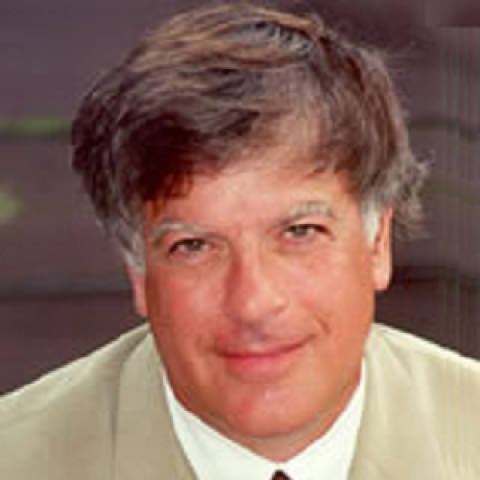The attempted murder of Russian former double agent Sergei Skripal in the U.K. represents a serious escalation. The March 5 attack, in which his daughter Yulia was also poisoned, shows that Moscow is directing terrorism toward defectors and using it as a political weapon against the West. The West should respond by imposing sanctions against President Vladimir Putin himself.
In the 2006 attack that killed former Federal Security Service officer Alexander Litvinenko in London, the crime was not supposed to be solved. He showed symptoms of radiation poisoning, but there was no beta or gamma radiation in his blood. Before he died, however, samples of his urine were tested in a laboratory for alpha-emitting elements that cannot penetrate the body but are deadly when taken internally. The tests came back positive for polonium-210, an alpha emitter. If Litvinenko had died sooner, the cause would not have been detected.
In the Skripal case, the Russians are eager to take credit. Kirill Kleimenov, an anchor on the official government station Channel One, observed that traitors rarely live to a “ripe old age” and advised them: “Don’t choose Britain as a place to live.” Against the background of furious denials on the rest of Russian state-controlled television, this was, in the lexicon of the Russian security services, a “direct hint” that the attack on Mr. Skripal was an official act.
Maria Zakharova, the Russian foreign ministry spokesman, responded to a demand for answers by saying that Britain should not “threaten a nuclear power.” That suggests a dual motive for the attack: It was undertaken to murder a former double agent and to assert Russian power and defiance of Western efforts to restrain Moscow’s lawlessness.
The Skripal attack is also a sign that Russia has expanded the category of persons targeted for murder. Mr. Skripal was one of four double agents Russia released in 2010 in exchange for 10 Russian spies in the U.S. Since the first spy swap in 1962—when KGB Col. Rudolf Abel was exchanged for Capt. Francis Gary Powers, the U-2 spy plane pilot who was shot down over the Soviet Union—it has been understood that swapped spies are not subject to retribution.
The targeting of Mr. Skripal echoes developments inside Russia, where the list of victims has expanded to include Russian opposition-leader Boris Nemtsov. In a Feb. 10, 2015, interview with the newspaper Sobesednik, Nemtsov expressed fear that Vladimir Putin would have him killed. But he believed, according to his assistant Olga Shorina, that he was likelier to be arrested and sent to a labor camp. Based on his knowledge of the system, Nemtsov, a former vice premier, said he thought Mr. Putin would be unlikely to order the killing of a former high official.
He was killed on a bridge near the Kremlin on Feb. 27, 2015. Evidence indicates it was a military operation involving 30 to 40 persons and the crime was carried out by the Federal Guards Service that answers directly to Mr. Putin.
The Skripal attack is significant because it was executed without regard for innocent victims. The polonium-210 that killed Litvinenko was not a danger to bystanders; it had to be ingested. The Skripals were attacked with a contact poison capable of harming anyone near it. The use of the poison, possibly a powder, was so indiscriminate that 19 people were affected in addition to Sergei and Yulia Skripal. Nick Bailey, a police detective who investigated the case, was poisoned and remains hospitalized.
The Skripal attack represents a major escalation in Russian terror in the West. Western governments have an obligation to their citizens to make sure such an attack never takes place again. The U.K. ordered the expulsion of 23 Russian diplomats but this is an exercise in futility. All previous expulsions—including four diplomats from the U.K. after the Litvinenko murder, and 50 or more from the U.S. at other times—did nothing to change Russian behavior.
U.S. rhetoric has been muted. White House press secretary Sarah Huckabee Sanders last Monday described the attack as “reckless, indiscriminate and irresponsible,” an evasive way of describing a murderous act of political terror. President Trump waited until Tuesday to support the U.K. and did not condemn Russian actions.
The West needs to treat Mr. Putin the same way it treated Belarusian leader Alexander Lukashenko in response to his human-rights violations, including the disappearances of several political opponents. The Belarus Democracy Act 2004 provided for a U.S.-visa ban on Mr. Lukashenko, a freeze of his assets, and a freeze of the assets of companies believed to be connected to him. The European Union followed with a visa ban. After the sanctions were imposed, the disappearances in Belarus came to an end.
In the case of Mr. Putin, such measures could have a significant effect. In his first inaugural address, on May 7, 2000, he said that in Russia, “the head of the government was always and will always be the person who answers for everything.” The West needs to take him at his word.


















